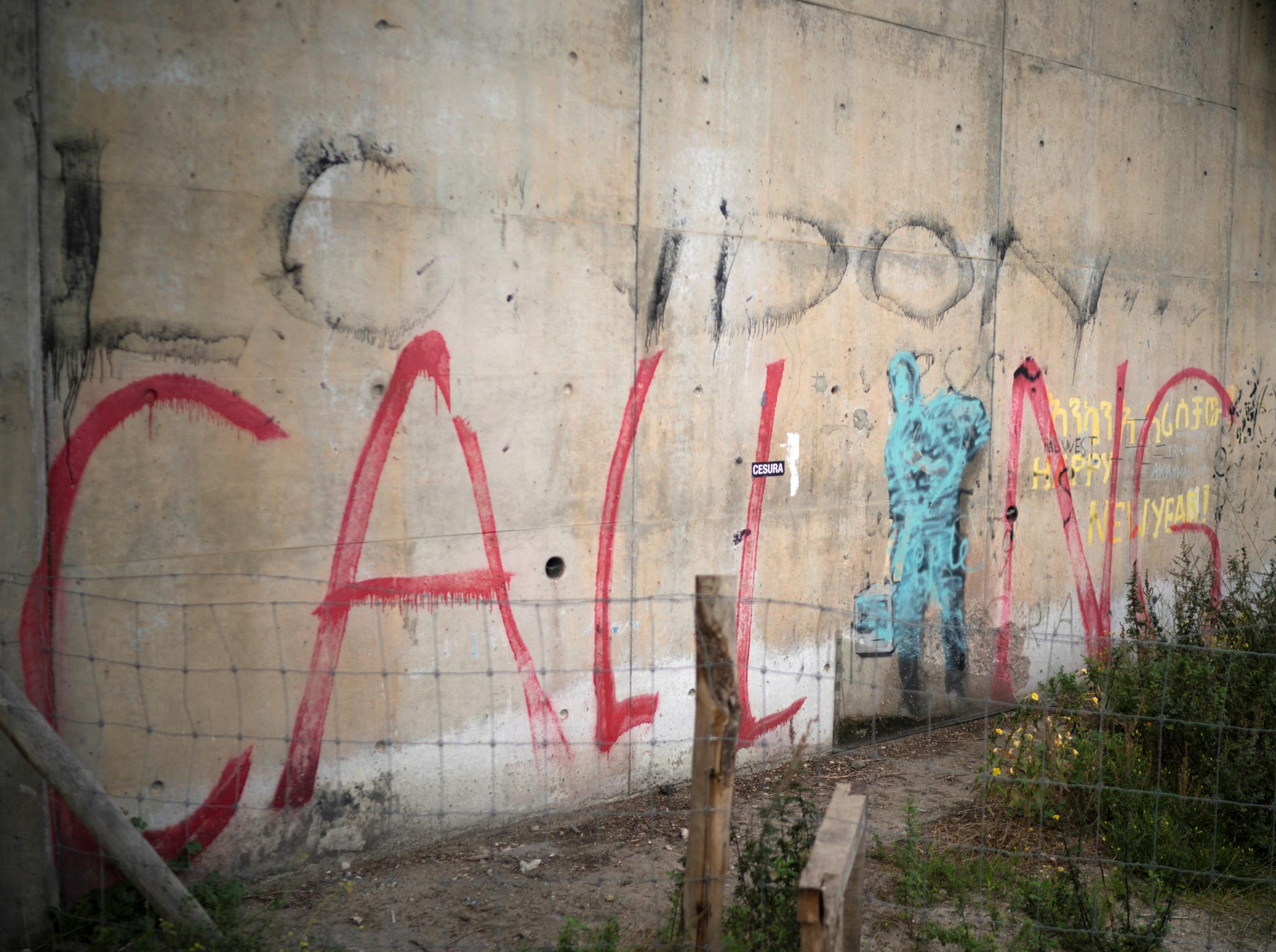Government pledge to give Calais children right to remain in UK branded 'unfair and arbitrary'
Campaigners welcome new form of leave for minors but critics say offer is 'limited'

Your support helps us to tell the story
From reproductive rights to climate change to Big Tech, The Independent is on the ground when the story is developing. Whether it's investigating the financials of Elon Musk's pro-Trump PAC or producing our latest documentary, 'The A Word', which shines a light on the American women fighting for reproductive rights, we know how important it is to parse out the facts from the messaging.
At such a critical moment in US history, we need reporters on the ground. Your donation allows us to keep sending journalists to speak to both sides of the story.
The Independent is trusted by Americans across the entire political spectrum. And unlike many other quality news outlets, we choose not to lock Americans out of our reporting and analysis with paywalls. We believe quality journalism should be available to everyone, paid for by those who can afford it.
Your support makes all the difference.A government pledge to grant children who were brought from the Calais Jungle status to remain in the UK has been branded “arbitrary and unfair” because it applies only to youngsters who were present during the demolition.
Campaigners welcomed a decision by the immigration minister on Thursday to grant a new form of leave that would regularise the status of minors who came to join family members but have been refused asylum in the UK.
But critics raised concerns about the fact that the offer would only be available to youngsters in Calais at the time of the demolition, while those who were there just months before continue to face deportation.
The government was also criticised for implementing the policy “late in the game”, with many of the children having already been left “in limbo” for two years and living in fear of being removed from Britain.
Concerns also remain about the fact that around 1,300 children who lived in the Jungle were refused passage to the UK in 2016 with no clear reason given, which the Court of Appeal recently said was “unfair and unlawful”.
More than 750 unaccompanied children were brought to the UK from the makeshift camp following severe criticism that the UK was not doing enough to provide refuge. Of these, 220 were transferred under the Dubs scheme and around 550 went to live with family already residing in the UK.
Some of those living with relatives have since been refused asylum in the UK under existing immigration rules, meaning they would have faced deportation as soon as they turned 18.
But in a ministerial statement on Thursday, the minister for immigration, Caroline Nokes, said the Home Office was laying a new immigration rule that would grant a new form of leave for any of the cases that have not already been considered refugees.
The leave will only be available for those that were bought over as part of the Calais clearance exercise in October 2016, who were under the age of 18 at the time and who had recognised family ties in the UK.
Those who qualify for will have the right to study, work, access public funds and healthcare, and can apply for settlement after 10 years, Ms Nokes said.
“It is our view that all those 549 transferred from Calais to the UK to reunite with family should be able to remain here with their family members," she said.
“In keeping with our commitments to family unity, we do not consider that it would be in their best interests to separate children from their families, having received significant support from UK authorities to reunite and integrate.”
Beth Gardiner-Smith, interim project lead at Safe Passage, said: “Whilst we welcome today’s announcement, we are extremely concerned that it has been limited to children brought to the UK as part of the Calais camp clearances.
“It’s arbitrary and unfair for children who were in Calais just months before and travelled through the family reunion route to face deportation whilst those there at time of demolition have this guarantee.”
She added that under the new form of leave, children would have to wait twice as long to apply for indefinite leave to remain than those who have been recognised as refugees.
“Regardless of how they arrive, vulnerable children that claim asylum in the UK should all be able to access a fair, consistent and human legal system that offers them long term safety and security,” Ms Gardiner-Smith added.
Darby O’Donnell, legal fellow at Safe Passage, told The Independent: “It’s pretty late in the game. The demolition was almost two years ago, so it’s a bit late to offer this status now for children who have been suffering in limbo for two years, having their asylum applications refused, constant fears of being removed when they turn 18.
“For the two years they’ve been in the UK and they’ve not had a settled status about what is going to happen to them. For children who have had a really hard time getting here, that can be really difficult."
Join our commenting forum
Join thought-provoking conversations, follow other Independent readers and see their replies
Comments